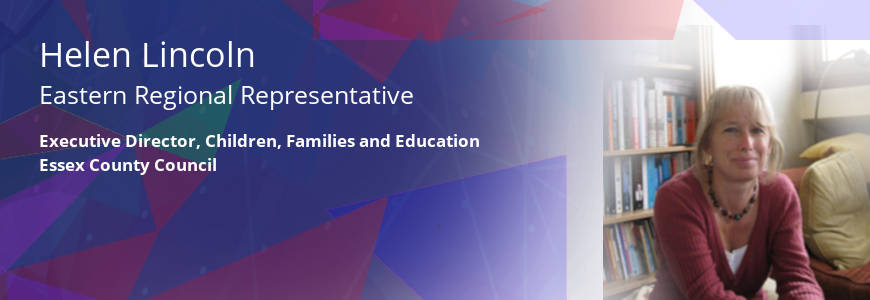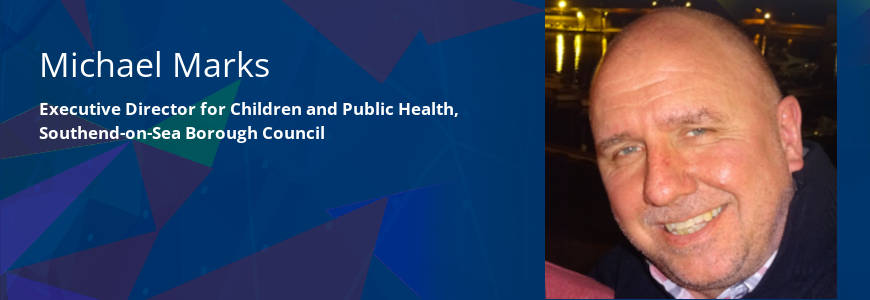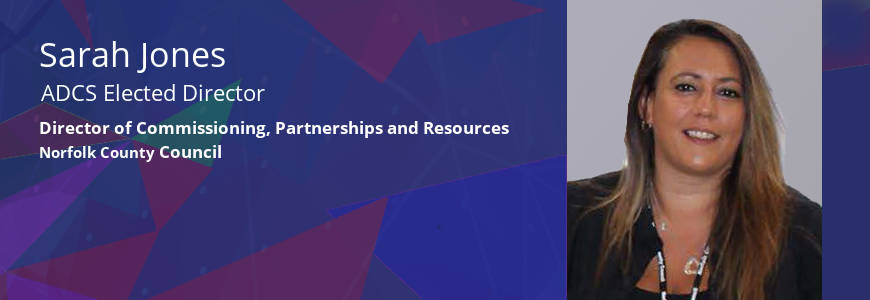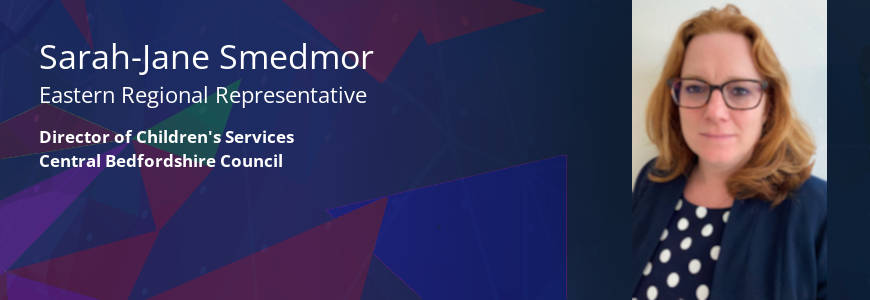A foundation of understanding
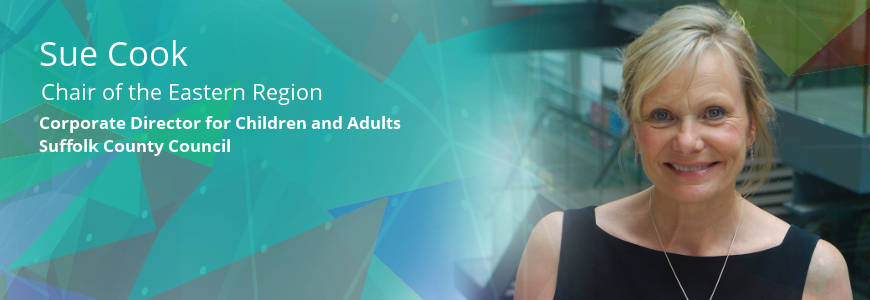
I have spent a considerable amount of my time throughout my career in partnership meetings. Partnership meetings with other public sector bodies, the third sector, user groups etc.
Many have been very successful, and the creative energy and solutions generated have been clean and clear and have made a real difference to achieving common ambitions and goals. Others less so, having been characterised by a form of listening that has some way to go. Where the nature of that listening does not lead to an understanding that creates the foundations for joint solutions. Where positions are taken in the absence of first seeking to understand, where there is a lot more spoken about trust than there is trust displayed.
We ask a lot of the children and families we are here to serve: to share their vulnerabilities, to speak their truth, to be open about their own assessment of the challenges they face, to push themselves to create the changes they want to see for their lives, to dig deep and change intergenerational patterns.
It saddens me at times that, particularly in our partnerships with health, we do not consistently ask the same of ourselves.
We often do the easy bit well, getting jointly agreed visions and goals that no one could disagree with anyway. We commit our time and resources to designing and servicing the infrastructure of partnership and joint working. We develop projects and build on top of an often fragmented system which has different financial drivers, organisational incentives, performance frameworks and cultures. There is much talk about integration, but where is the listening which leads to building a foundation of understanding?
In the health and social care integration journey, children’s services are more than often an afterthought – tagged on at the end of a long and tortuous meeting about adult care.
The nature of understanding in the health world can fail to see or appreciate the very obvious solution of integration into local government for children’s health services. From registration at birth through to young adulthood, local government has a presence and influence in the lives of children and families. Just the scale and range of children’s services is vast from early years and child care provision, children’s centres, early help services, schools, child protection and support, special educational needs and disability, youth, skills and post 16 provision - and that is not to mention the wider role in housing and place shaping, which is where children grow up.
In Suffolk, we are fortunate that a foundation of understanding was created in the past, and the local authority directly provides a range of children’s health provision, including CHIS (Child Health Information System) which means we can join up the data for school place planning and wider planning needs, the learning disability nurses are integrated into our disabled children teams, health visitors and school nursing services are manged within children’s services and they in turn manage and lead the early help services including our children’s centres. We are building on this model in our thinking about the future of integration across health and social care and exploring how we cluster and deliver other community health services for children into these arrangements.
If there was a foundation of understanding created, that the vast majority of children’s provision from the public sector is already providing and/or driven in one place, then the solution for integration might more easily occur.
Related Blog Articles
The Eastern ADCS region is made up of five large shire counties and six unitary...
In Funding
In the midst of what has been a very difficult few weeks, Covid-19 promises to...
In General
When I last blogged, I reflected on the paucity of the use of technology in...
In Workforce
When I was asked to write the ADCS blog for the Eastern region, I inevitably...
In Workforce
This year January has been an important month for me working in Norfolk as the...
In Health
I expect people that know me well are thinking I would use this blog to make...
In Education
In the Eastern region we pride ourselves on a long and successful history of...

